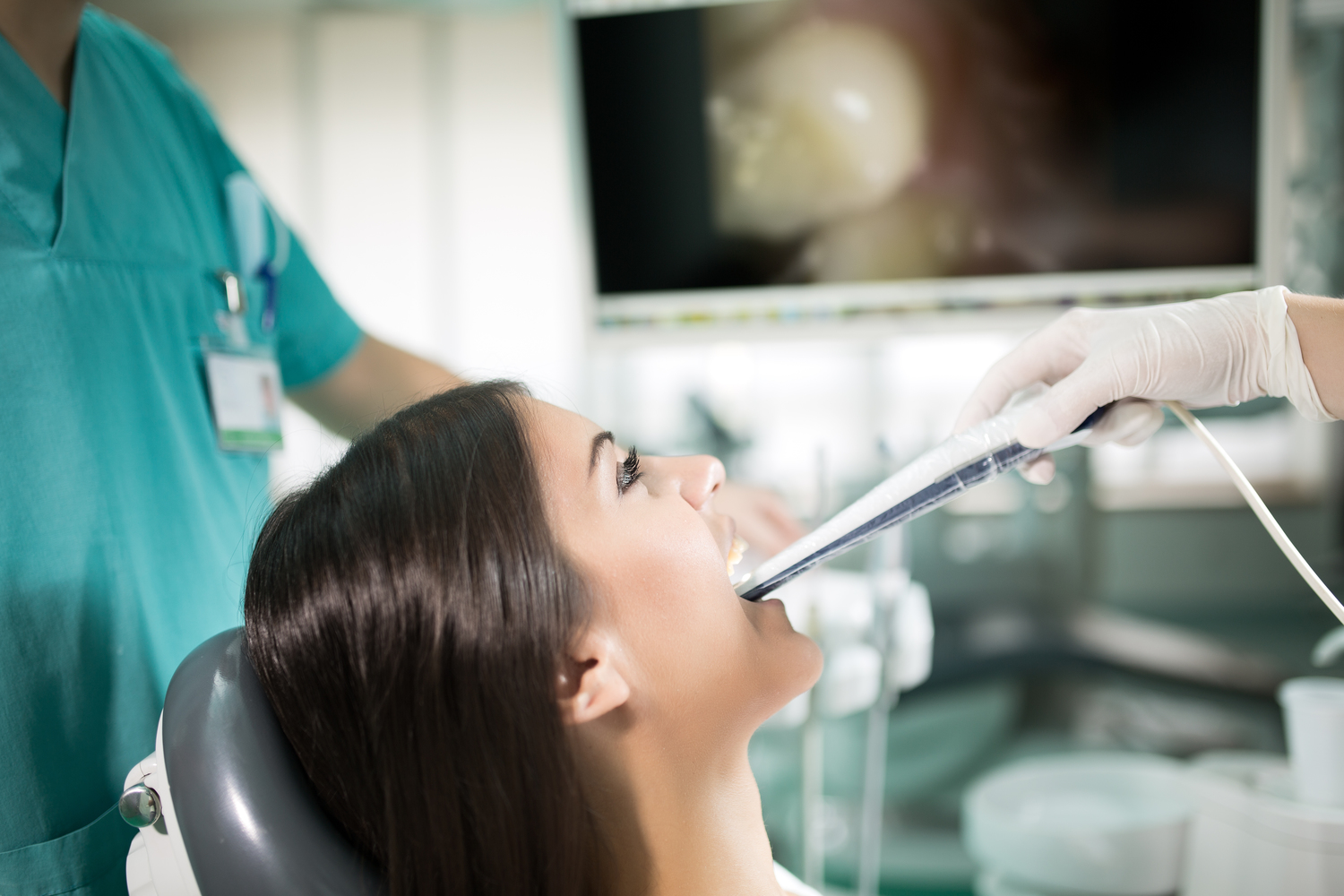
Treatment Methods for Oral Cancer
Oral cancer is a type of cancer that develops in the tissues of the mouth or throat tissues and is categorized under the larger group of head and neck cancers. It is found within the squamous cells of the tongue, mouth, and lips. Early diagnosis and detection are crucial to surviving any type of oral cancer.
1. Different oral cancer types
Oral cancers include cancer in the following parts of the body:
- Lips
- Gums
- Tongue
- Floor of the mouth
- Inner cheek lining of the cheek
- Hard and soft palate
2. Risk factors leading to the development of these oral cancer types
- HPV infection
- Chronic sun exposure to the face
- A family history of oral cancer
- A diminished immune system
- An earlier diagnosis of oral cancer
- Weak nutrition
- Genetic syndromes
- Belonging to the male sex
3. Stages of oral cancer
Oral cancer can be divided into 4 stages, these are:
- Stage 1
In this stage, a tumor that is 2 cm or smaller develops, and it hasn’t spread to the lymph nodes.
- Stage 2
A tumor 2-4 cms in size develops, with no cancer cells having spread to the lymph nodes.
- Stage 3
The tumor is now over 4 cm and has spread to only one lymph node, but not to other body parts.
- Stage 4
Tumors of any size and have spread to the lymph nodes, nearby tissues, and metastasized to the other body parts.
4. Treatment of different oral cancer types
Different oral cancer types are treated based on their location, type, and phase of cancer.
- Surgery
Early stages of oral cancer incorporate surgery to eliminate the cancerous lymph nodes and tumors. Tissues encircling the neck and mouth may be removed.
- Radiation therapy
This is another treatment method in which the therapist aims beams of radiation at the site of the tumor around once or twice a day for 2-8 weeks and 5 days per week. This treatment is blended with chemotherapy for advanced stages.
- Targeted therapy
This is efficient in treating both early as well as advanced stages of oral cancer. This therapy uses medicines that bind to particular proteins on the cancerous cells and inhibit their development.
- Chemotherapy
This treatment involves destroying cancer cells using medication injected intravenously or orally. This may need hospitalization for some, but for most individuals, it’s an outpatient treatment.
- Nutrition
This is also a crucial part of treatment of oral cancer. For people who cannot swallow and eat during treatment, weight loss and poor appetite is not unusual. On needs to keep an eye on their diet and consult their doctor if they’re losing weight drastically.
- Oral hygiene
One needs to ensure their gums and teeth are clean at all times and also maintain the proper moisture content in their mouth.
Recovery from different oral cancer types also varies. Swelling and discomfort are some of the issues faced post-surgery of small tumors. Large tumors impact swallowing, chewing and even talking post-surgery. Oral cancer is treated not only depending on the type and phase but also on the age, overall health, response, and tolerance. For later phases of cancer, surgical elimination of the tumor could also require sections of the oral cavity and facial features to be reconstructed. An adjunctive treatment might make one need assistance to chew food, lead to speech and issues linked to the reduction of salivary function and facial prostheses.


